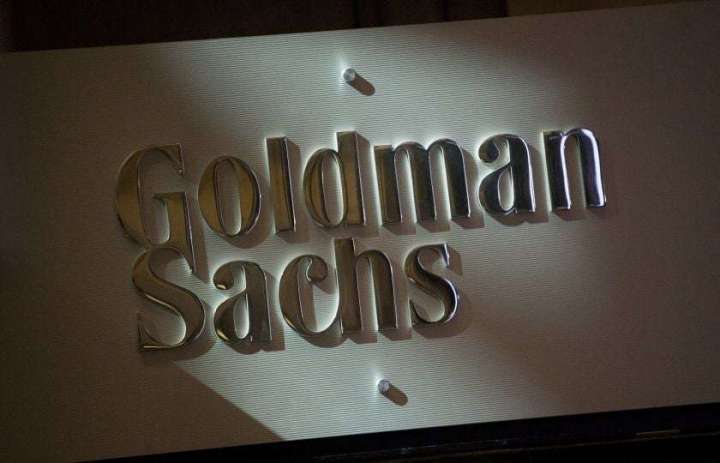After Labor Day, Goldman Sachs employees in the Americas won’t be required to wear masks, test for the coronavirus or be vaccinated against it, the storied investment bank has announced.
On Wall Street, the pandemic is over, at least according to bosses

In New York City, which still has a vaccine mandate, unvaccinated Goldman Sachs employees without an approved medical or religious exemption will need to continue working remotely, according to Tuesday’s memo.
The bank said it would begin “ramping down” efforts to provide coronavirus tests on its campuses and plans to stop offering them entirely by the end of the year. Employees can apply for reimbursement for tests they purchase themselves.
“With many tools including vaccination, improved treatments and testing now available, there is significantly less risk of severe illness,” Goldman Sachs said. “The CDC’s updated guidance no longer differentiates between vaccinated and unvaccinated individuals to define exposure and infections, and no longer recommends asymptomatic individuals quarantine following exposure, regardless of vaccination status.”
In line with these updated protocols, “if you have not been coming into the office, please speak with your manager to ensure that you understand and adhere to your division’s current return to office expectations,” the email reads.
Goldman Sachs declined to discuss the decision with The Post.
The decision coincides with a push by companies across the country to bring workers back to offices more frequently after Labor Day. Office occupancy has been largely stagnant over the summer, hovering below 50 percent of pre-pandemic levels in the top 10 metro areas, according to data from Kastle Systems. But with the Centers for Disease Control and Prevention lifting restrictions and kids heading back to school, employers are eager to see improvements in attendance.
Goldman Sachs was one of the first Wall Street firms to begin bringing staff back to offices, in June 2021, and employees are expected to be in offices five days a week. Now, the company is among the first big names to inform workers that covid is no longer a viable reason to stay home.
“While everyone has sensibly wanted to adapt to the changes that lockdowns required as best as possible and ‘safety first’ is very sensible as a general goal, it’s also reasonable to recognize that working with others in ways where we can see each other’s expressions tends to provide lots of value for people and organizations,” said Kevin Kniffin, a scholar with the Academy of Management and an assistant professor of organizational behavior and leadership at Cornell University.
All leaders should be mindful of the ways that the pandemic exacerbated differences in employees’ lived realities, Kniffin said.
“While there are undoubtedly some employees more than happy to return to pre-pandemic norms, it will be important to respect the disparate experiences that employees have needed to navigate since early 2020,” Kniffin said.
Morgan Stanley informed its New York employees last week it would discontinue coronavirus testing and control measures, such as exposure notifications emails, for quarantine and isolation starting Sept. 5. Staff who test positive for the virus will be asked to isolate for at least five days and wear a mask for another five, in line with CDC and local public health guidelines. Staff who may have been exposed to someone who has tested positive do not need to isolate or quarantine but should wear a mask for 10 days while in the office and get tested on the fifth day.
JPMorgan Chase lifted testing and vaccine requirements as well as mandatory masking in the spring. Chief executive Jamie Dimon has been a vocal critic of remote work, and the bank is also in the midst of constructing its multibillion-dollar 60-story headquarters in Manhattan.
In his annual shareholder letter, Dimon acknowledged that working from home will become “more permanent in American business.” But “such arrangements also need to work for both the company and its clients,” Dimon wrote.
His vision of the company involved half of employees “necessarily” working on location full time, while 40 percent would be permitted to work under a hybrid model. “Possibly” 10 percent in “very specific roles” would be allowed to work from home full time.
In May, Goldman Sachs chief executive David Solomon told CNBC that occupancy at its U.S. offices was hovering between “50 and 60 percent.” Solomon, who had referred to remote work as an “aberration,” then acknowledged that it could take “years” for attendance to increase.






